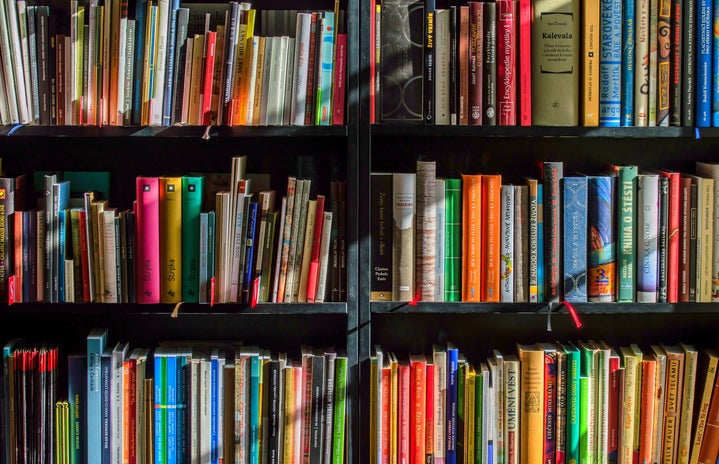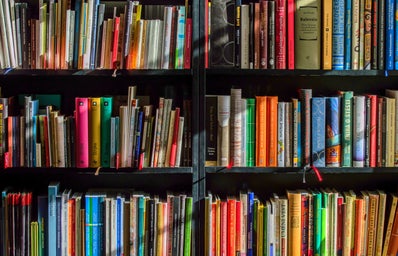La casa de los espíritus has captivated readers worldwide with its use of magical feminism which blends the magical, the real and feminism all in one.
Magical realism is a literary genre where the fantastic and realistic elements blend seamlessly together. The supernatural elements are told in a realistic way as if they were normal in our real world. In this sense, magical feminism is a subgenre of magical realism. The term was coined in 1987 by Patricia Hart to describe Allende’s novel which was first published in 1982. Magical feminism views magical realism as a tool for voicing the marginalised and more particularly the marginalisation of women in society.
The novel tells the story of the Trueba family and their experiences of social and political changes in Chile during the 20th century. The work makes the unheard heard and the unseen seen through magical feminism. The novel is similar to Gabriel García Márquez’s magic realist novel, Cien años de soledad in a number of ways. Allende however reappropriates and reuses some of his features for her own feminist aims. Instead of depicting a patriarchal family saga, Allende transforms this into a matriarchal one where women are those who are in possession of magical powers.
At the head of the matriarchal family saga we find Clara del Valle – a clairvoyant, who is able to communicate with spirits and predict the future. This challenges traditional gender roles as Clara possesses supernatural powers that other men in the novel do not and is therefore able to obtain privileged knowledge about the future. Clara’s characterisation is therefore intrinsically linked to the feminist purport as it makes her an othered individual who manifests no interest in domestic tasks or in going along with societal gender norms. Alba also embodies a strong and independent woman who uses her intelligence to fight for social justice and equality. Her connection to the supernatural and unique perspective empower her to become a leader in the fight against oppression. The women are those who are also the sole ones to be able to perceive the ghosts as well as the spirits present in the novel.
Many critics tend to state that Allende stops using magical realism as the novel progresses to depict class struggle, denounce domestic violence and the violence of the Pinochet dictatorship. However, I believe magical feminism is a crucial tool in fulfilling Allende’s feminist aims.
If you wish to read more magical feminist novels you can also read Beloved by Toni Morrison, Mr Vargas and the Dead Ventriloquist by Cathleen Alcalan, Her Body and Other Parties by Carmen María Machado or So Far from God by Ana Castillo.


